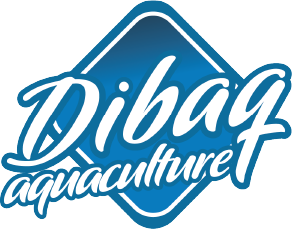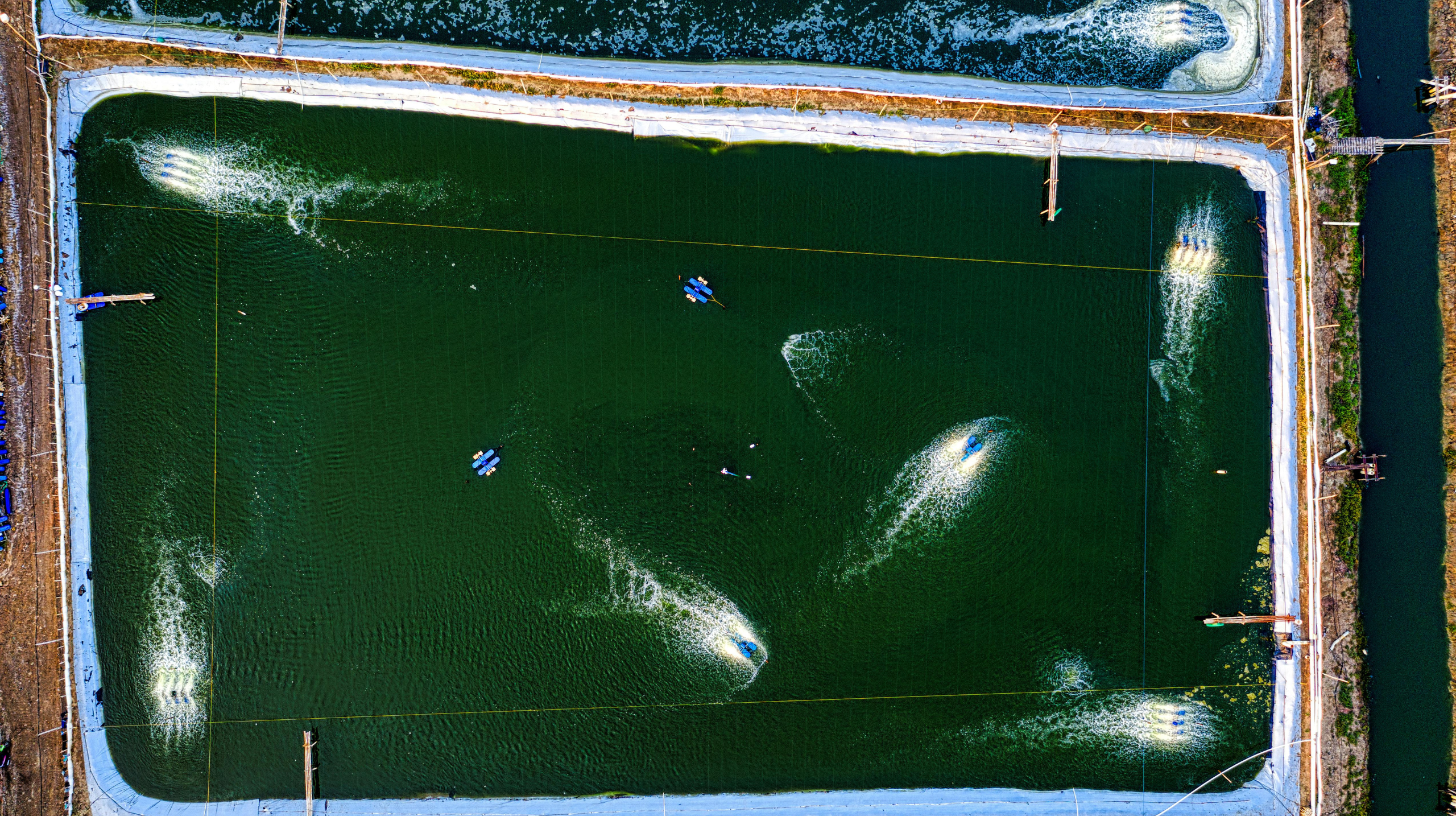In a world where the demand for animal protein continues to grow, aquaculture has become one of the most promising and efficient solutions. However, at Dibaq, we understand that efficiency must always go hand in hand with respect for the environment and animal welfare. That’s why our philosophy is based on a firm commitment to sustainability — not just as a strategy, but as a fundamental pillar of our identity.
Today, we invite you to discover the concrete actions and certifications that prove that, at Dibaq, sustainable aquaculture is a reality.
Internationally recognized certifications: The seal of our work
Certifications are the most transparent way to validate our promises. We are proud to be the first company in Spain — and the only one in continental Europe — to hold the prestigious BAP (Best Aquaculture Practices) certification. Developed by the Global Seafood Alliance, this program ensures best practices at every stage of the aquaculture process, from farm to table. For us, this seal is not just a recognition — it’s confirmation that our approach aligns with the highest standards of quality, safety, and environmental responsibility.
Our commitment to sustainability is also reflected in other key certifications:
- AENOR Zero Waste Certification: Our commitment to a circular economy is absolute. This certification recognizes our ability to recycle and reuse materials, ensuring that almost all of our waste is reintegrated into the production cycle.
- CHEP Sustainability Certification: This recognition highlights our contribution to environmental protection through the promotion of a sustainable logistics model.
Concrete Actions for a Sustainable Future
Our commitment takes shape through daily actions in our facilities:
- Reducing Our Carbon Footprint: We have implemented energy efficiency measures, such as replacing traditional lighting with LED technology and installing photovoltaic panels for self-consumption. We’ve also optimized our logistics by using Liquefied Natural Gas (LNG) for transport, reducing CO₂ emissions.
- Responsible Water Management: Water is the heart of aquaculture. At Dibaq, we use an advanced filtration, recovery, and reuse system that minimizes consumption and ensures water treatment that respects the environment, meeting — and exceeding — all legal parameters.
- Sustainable Raw Material Selection: The nutrition of our fish is the foundation of everything we do. We carefully select raw materials from sustainable sources and invest in research to find alternative, high-value ingredients that reduce dependence on traditional marine resources.
Innovation for Animal Health and Sustainability
Sustainability also means ensuring fish health and welfare. Through innovation, we have developed the AquaSafe quality seal — a concept that goes beyond simple feed. It is a nutritional tool that strengthens the fish’s immune system, helping prevent diseases and parasites.
The result? A significant reduction in mortality and, most importantly, a decrease in the use of antibiotics and chemical treatments — a benefit not only for fish health but also for the environment and the end consumer.
At Dibaq Aquaculture, we firmly believe that the only way to feed the future is by doing so responsibly. Our daily work is proof that it’s possible to produce food of high nutritional and sanitary quality while protecting and respecting the ecosystems on which we all depend.

